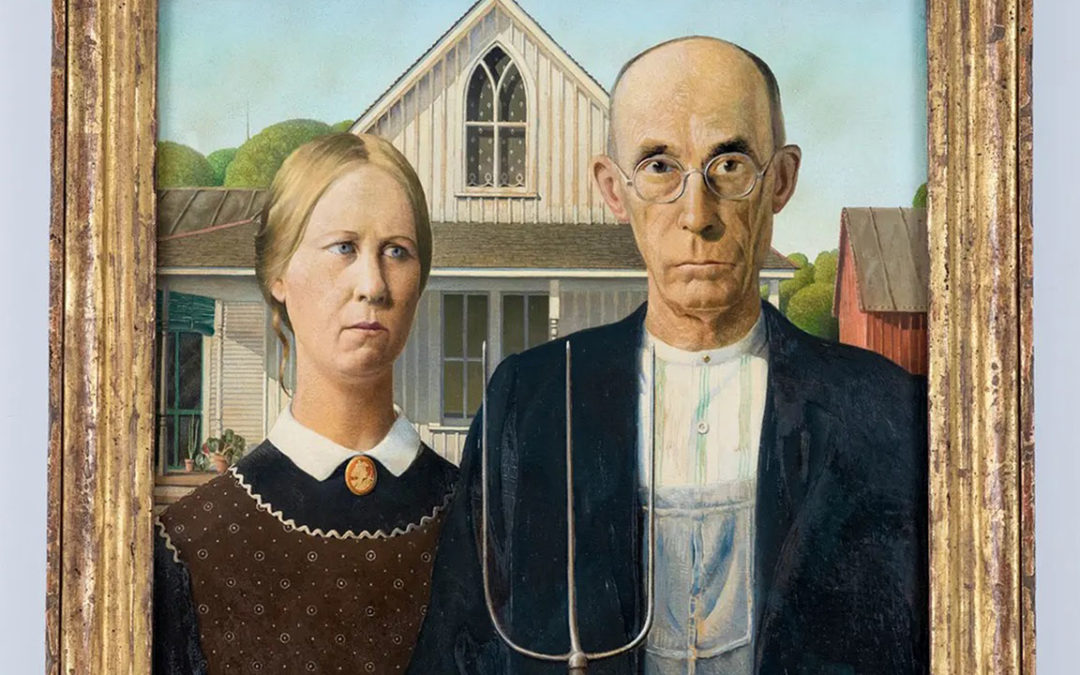New Hampshire’s motto was and remains “Live free or die.” Back in the early 1960s, when I was ten, I came to believe it was America’s promise to itself.
My parents took the family to the White Mountains in the wilds of the Presidential Mountain range, to a tiny house that looked up into Tuckerman’s Ravine near the little town of Randolph in northern New Hampshire.
The morning after we arrived, our family dog came back after a night out with a mouth full of porcupine quills.
When we arrived the night before, we had discovered that the only phone was affixed to the wall in the kitchen and was a party line. So, the next morning, we had to ask the operator to give us the number for the veterinarian and we had to count the rings to know if her return call was for us or someone else when she connected us.
We soon learned that the party line did not stop people from picking up the phone and eavesdropping. My father would preface a conversation by constantly asking “please get off the line… Please get off the line.” Eavesdropping on the phone was a social event but — when requested — the clicks could be heard and the line would become clear. It was part of the social code.
The other notable social activity in Randolph was the picnic on the 4th of July where everyone in the community, including us, enthusiastically gathered to play charades. The charades were just an icebreaker to encourage interaction and conversations between strangers. All the eavesdroppers must have been there, but I remember that everybody was welcome to celebrate our democracy in that community.
As I grew older and watched the passage of civil rights legislation and protests to end the Vietnam War on black and white TV, and the rise of “Me Too” and “Black Live Matter” on the web, I always returned to my childhood memories and to that motto that I believed was America’s promise to itself.
I try to keep imagining what the residents of Randolph, New Hampshire back then would have done if the telephone company was quietly gathering everything from purchasing information to political beliefs to sell to secondary consumer markets and even to political parties, and if politicians used this information to make marketing calls, agitating these customers to increase profits.
So, must I now reconcile this my old memory of the respect for personal privacy, which was honored at the request of my father on a party line by our neighbors who also welcomed us into their picnics and to celebrate our democracy?
Would the citizens of Randolph have been quite as complacent as America is now?
Would they have required a whistleblower to go to Congress to explain Facebook‘s assault on their privacy?
No, that’s been obvious all along.
Would they need a whistleblower to explain that Facebook has, for its own gains, divided the country as a platform for false information of all forms in the name of more corporate profits, despite the damage it may have done?
No, that’s been obvious all along.
I have to get over my childish imagined ever-growing flotilla of tractors with extra pitchforks for other patriots rolling out of Randolph, gathering in its assault on Washington.
I have to get over my childish imagination that they would have already left town and gone to defend the Capitol back in January after it was assaulted.
They would be there, defending the Capitol, and who knows? Once they figured out what was happening, perhaps they would’ve attacked the White House. Or maybe they went down to protect voting rights or protest political parties that grow more radical, unifying a misinformed public in order to maintain their own political power.
Once I gave up these childhood memories it is now good to realize we struggle everyday to be free. It is the imperfect process which we must follow. It is what we must do.

